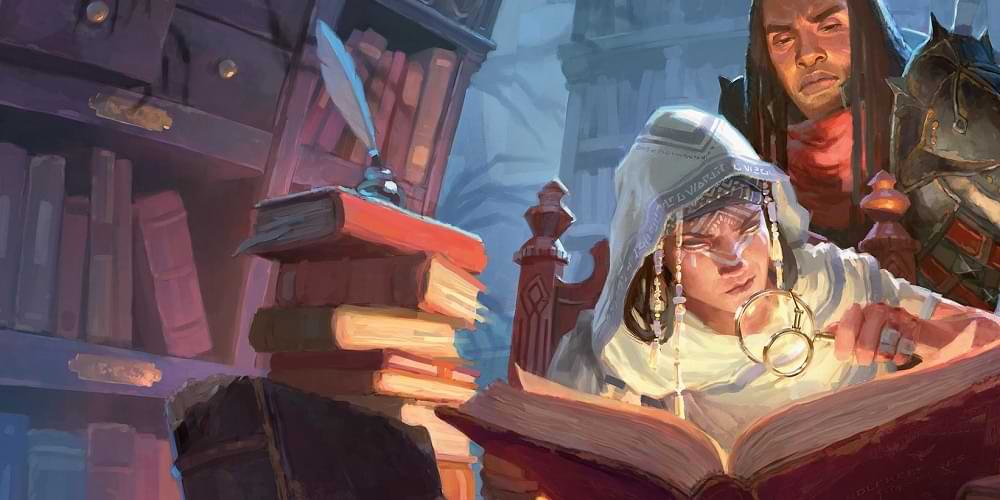As promised earlier this week, WotC has posted the draft OGL v.1.2 license for the community to see.
A survey will be going live tomorrow for feedback.

 www.dndbeyond.com
www.dndbeyond.com
The current iteration contains clauses which prohibit offensive content, applies only to TTRPG books and PDFs, no right of ownership going to WotC, and an optional creator content badge for your products.
One important element, the ability for WotC to change the license at-will has also been addressed, allowing the only two specific changes they can make -- how you cite WotC in your work, and contact details.
This license will be irrevocable.
The OGL v1.0a is still being 'de-authorized'.
A survey will be going live tomorrow for feedback.
Starting the OGL ‘Playtest’
In this article, you can review a draft of OGL 1.2, submit feedback via survey, and learn about a Creative Commons license that puts D&D's core mech...
The current iteration contains clauses which prohibit offensive content, applies only to TTRPG books and PDFs, no right of ownership going to WotC, and an optional creator content badge for your products.
One important element, the ability for WotC to change the license at-will has also been addressed, allowing the only two specific changes they can make -- how you cite WotC in your work, and contact details.
This license will be irrevocable.
The OGL v1.0a is still being 'de-authorized'.


